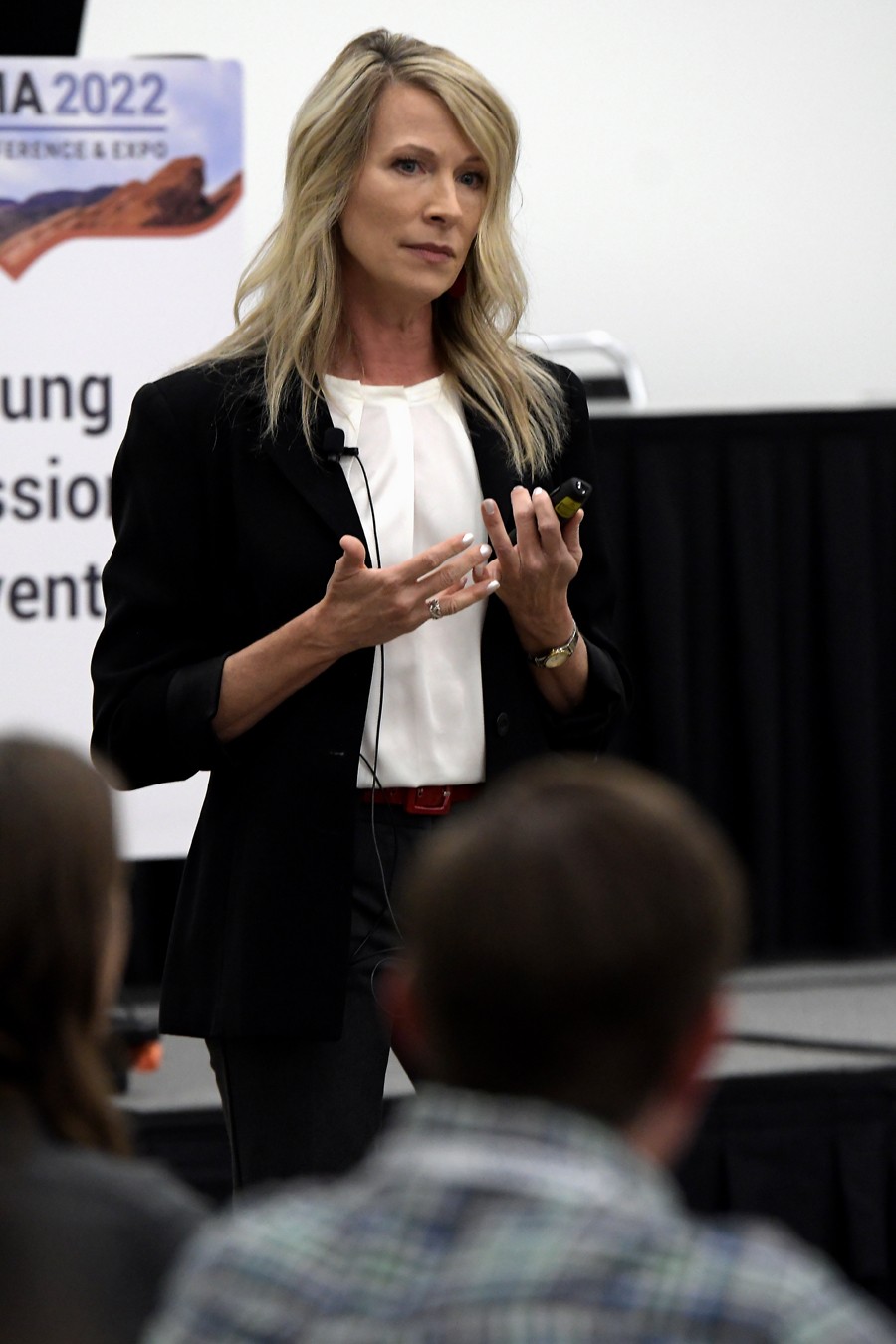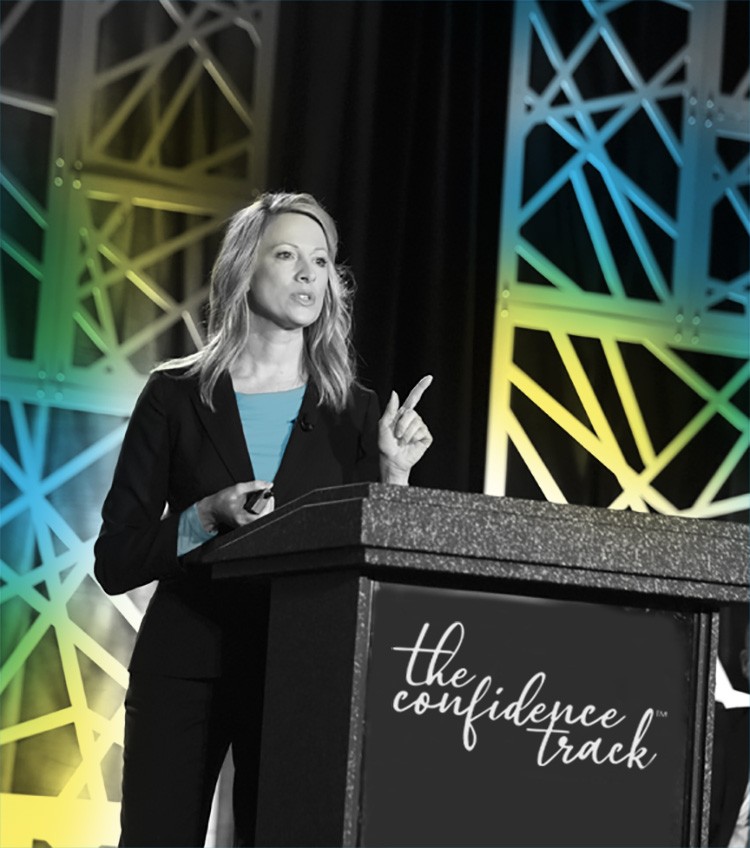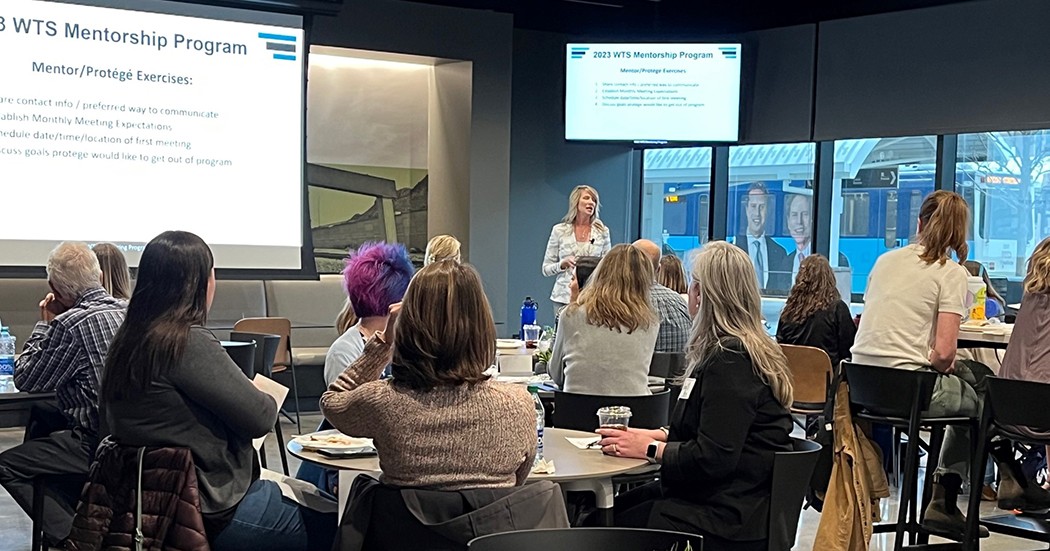We caught up with the brilliant and insightful Lisa Hinz a few weeks ago and have shared our conversation below.
Alright, Lisa thanks for taking the time to share your stories and insights with us today. We’d love to hear from you about what you think Corporate America gets wrong in your industry and why it matters.
From a leadership and executive coaching perspective, I’ve come across many people who feel coaching is only for those who are underperforming or struggling. While that can be true and I have coached those who are struggling in their roles, I have also coached a lot of high-achievers who simply need some support in overcoming roadblocks they face in order to become even more impactful in their jobs.
I was introduced to someone at a networking event not long ago. When I said I was an leadership and executive coach, his response, “So you deal with all the problem children.”
While his response caught me a bit off-guard at the time, I explained to him that I helped a lot of high achievers take their leadership to the next level. I could see that I then caught him off-guard. He thought for a moment, and said, “Oh, I wouldn’t even have considered that.”
I realized that a roadblock in my own business is to help people overcome that stigma in my industry.

Lisa, love having you share your insights with us. Before we ask you more questions, maybe you can take a moment to introduce yourself to our readers who might have missed our earlier conversations?
I had a very hard time with imposter syndrome years back. So much so that I turned down a job promotion. I didn’t feel I was deserving of it or experienced enough. My self-confidence was at an all-time low and somehow the offer of promotion made it even worse. It impacted me emotionally, mentally, and even physically.
It took working with a coach, a lot of self-awareness and intention to learn how to manage it. There was no easy button. I eventually worked through it and more than a year later I ended up taking that promotion. The imposter syndrome never went completely away, but I learned to manage it.
Going through that experience taught me a lot, not only about me, but about people in general. Up to 82% of people will experience imposter syndrome at some point in their lifetime. That’s a huge percentage.
What I also realized is that people don’t talk about it. I led a team of 75 people and no one ever mentioned experiencing imposter syndrome to me. Nor had any of my peers.
None of the leadership development programs and trainings I had attended over the years ever talked about it, let alone provide tips on how to cope with it.
I saw a need. When people are promoted or given more responsibilities, confidence is assumed.
I felt corporations were missing the very foundation upon which all other leadership skills are built – confidence.
I feel that other programs miss the boat on this.
Every leadership program I offer starts with identifying and managing confidence roadblocks, including imposter syndrome. When you have stronger self-confidence, it makes everything else a bit easier to do and to deal with.

Are there any books, videos or other content that you feel have meaningfully impacted your thinking?
I’m a huge fan of Atomic Habits by James Clear. So many valuable nuggets in that book. I’m the type of person that writes, highlights, and dogears books. They are references for me, not a shelf decoration. Many of his quotes that have stuck out to me, but one in particular is “You get what you repeat.” Think about that. How often do you reach for your phone during the day to just browse and check social media? How often do you let incoming emails side track you from the project you want to complete? How many times do you hit snooze on your outlook reminders? This book really made me have a hard look at my life and realize that my life is a result of my current habits. If I’m not happy with certain aspects, I need to change those habits – those things that I repeat.

Learning and unlearning are both critical parts of growth – can you share a story of a time when you had to unlearn a lesson?
Jumping into business we can let ourselves easily think, “I want to help everyone!” Although I’ve heard it a million times that it’s important to niche down, I still fought it. I wish I had taken that more seriously and stuck with it. I know that I branched out too far and wide to be as impactful as I knew I could be. I thought that I could focus on this and also focus on that to be more diverse. That’s not effective when starting a business. The lesson is that you don’t have to be everything to everyone and that in fact, when you do that, you become nothing to no one.
Contact Info:
- Website: https://theconfidencetrack.com/
- Linkedin: www.linkedin.com/in/lisahinz
Image Credits
none needed – I have full rights


